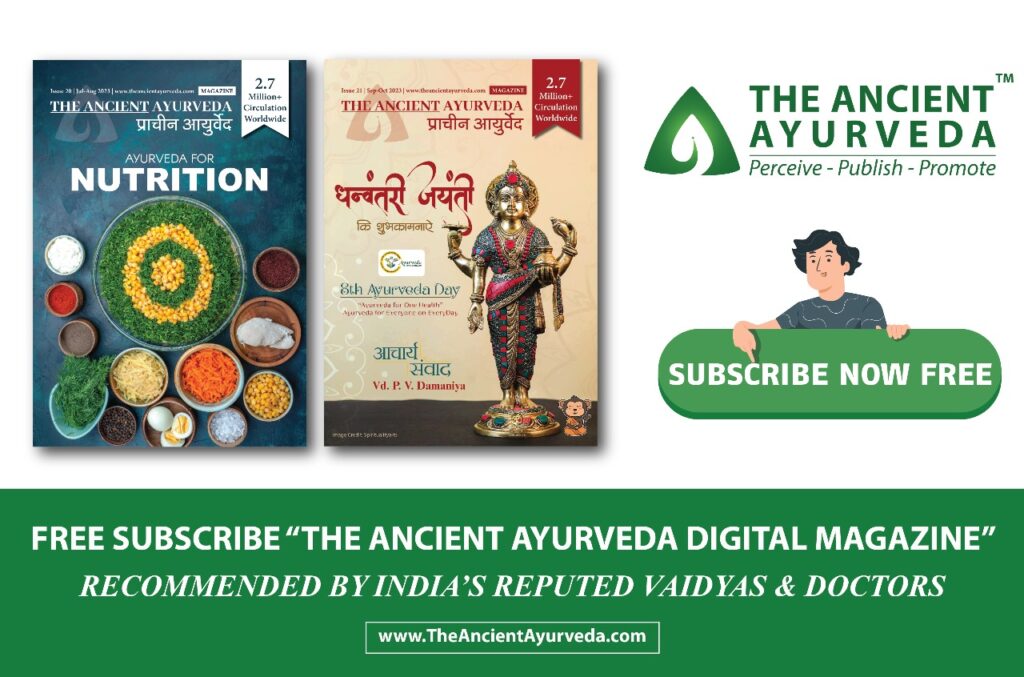Development itself means maturation of functions and acquisition of various skills for optimal functioning of an individual. Factors Affecting Development : Prenatal Factors : Genetic Factors – Many Genetic causes like Down Syndrome, Turner Syndrome etc. can lead to developmental delay and mental retardation. Maternal nutrition Exposure to drug and toxins – Use of maternal drug, alcohol abuse and environmental toxins can have adverse effect on development of a child. Maternal disease and infections – Maternal hypertension, hypothyroidism, malnutrition and infections like TORCH infection, AIDS etc. have an adverse effect on the child’s development. Neonatal Risk Factors : Intrauterine…
Dr. Vipin Baloni
The most prevalent dangerous chronic disease in children is childhood asthma which is also known as bronchial asthma. In this condition there is fully or partially reversible bronchial tree airway blockage that may resolve by its own or may need treatment. A number of stimuli including infections and allergens can lead to bronchial asthma. In Ayurveda, Bronchial Asthma is known as Tamaka Shwasa. In the pathophysiology of Tamaka Shwasa Vata and Kapha are predominantly involved. As the result of this illness, Prana Vayu which is one of the five forms of Sharira Vayu, becomes vitiated. Tamak Shwasa Etiological factor in…
Biologic transition from childhood to adulthood is known as Puberty. Pubertal changes include increase in height, development of reproductive capacity and the appearance of the secondary sexual characters. Adolescence children not only undergo through dramatic changes in physical appearance but also rapid changes in physiological, psychological and social functioning. Adolescence is the phase of life between childhood and adulthood. It is a unique stage of human development and an important time for laying the foundations of good health. Three Phases of Adolescence : Early adolescence : 11 – 14 year of age. Middle adolescence : 15 – 17 year of…
The central principle of Ayurveda is “Swasthasya Swasthya Rakshanam, Aaturasya Vikaar Prashaman ch.” This principle states that an individual’s primary priority should be protecting their health or Swasthasya Swastha Rakshanam. Immunity, or Vyadhikshamatva, is essential for maintaining a person’s health. Numerous tools, such as vaccinations, a healthy lifestyle, wholesome food, exercise, and yoga, can preserve good health. Ayurveda and Immunity : According to Ayurveda, Immunity is called Vyadhikshamatwa or Bala. It is the power of an individual to oppose the progress, occurrence, or recurrence of a disease. Bala: Bala is of three types – Sahaja, Kalaja and Yuktikrita. Sahaja Bala—The…

